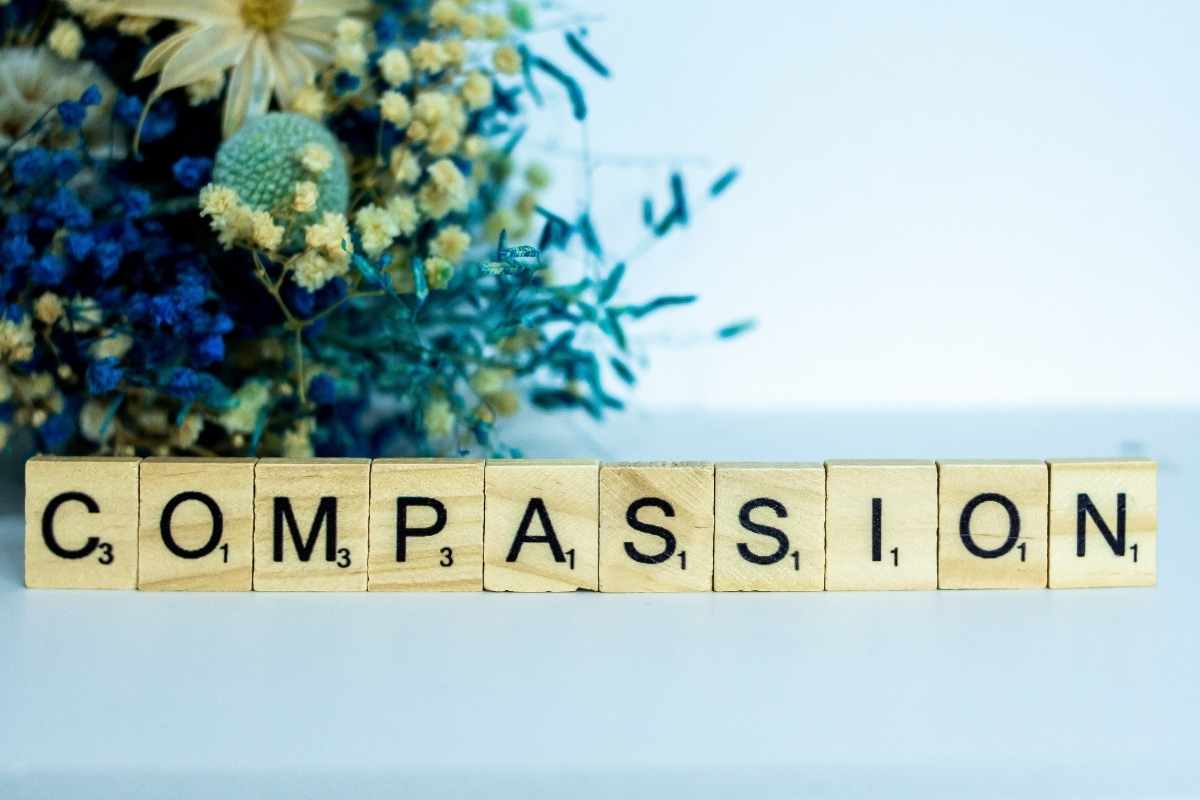March 24, 2018
7. Conversations with Persons Exercise
Written by Rachel Eddins
Posted in Tools & Exercises and with tags: Relationships, journal exercises
Conversations with Persons: “Words I’ve never spoken.”
As you have probably discovered in the previous exercises there are many people in your life with whom you have had relationships with or crossed paths at one time or another. Whether they are our parents, friends, spouses, lovers, old relationships or people who have died, emotions inevitably arise, many of which we don’t fully deal with.
Hurts, offenses, loss of love, angers, resentments, guilt and regret are all examples of the range of human feelings that result in unfinished emotional business. When you can “go back” and revisit these relationships you can create an opportunity to acknowledge these emotions and finally say what you couldn’t say but also to “hear” what the other could not say to you.
Communication is All Around Us
It is important to realize that it is impossible to not communicate in our relationships. Communication is going on all the time but not necessarily with words.
When we have an experience, when we have feelings and thoughts, which we do not verbalize, it will be communicated to others in our behavior.
We will tend to avoid, accuse, blame or deny as a way of trying to say something but it will not “hit the mark” because it is not direct, and so it will likely be misunderstood by an observer.
When you can say the truth of what is really there, when you can “get at” the underlying emotions, you not only have an opportunity to release them but also an opportunity to restore the relationship to a healthy place.
Laying the Ground Work
The work you have done up to this point in time has been essential to lay the groundwork for open, honest communication.
True communication comes from observation and taking responsibility for what you are feeling.
|
|
What Happens When We Don’t Communicate with Words
Without observation and without responsibility all you can do is be the feeling. The emotion of resentment is a good example of how we typically deal with feelings.
If you do something that I don’t like or offends me and my response is resentment I can do basically 2 things. I can “be” angry and beat you up, blame you, get even, call you names or put you down for what you did, or maybe avoid you by giving you the cold shoulder.
And I can feel the momentary “pleasure” of “getting my anger out” by attacking you. But you will likely not understand what is really going on with me and how your actions have affected me.
All you will see is my anger and retaliation, which will likely provoke anger and retaliation in you.
If you are someone who acts out his or her resentment as well, you will likely respond to me in kind.
And so we have a relationship that is based on mutual attack and defense. And even though the “attacks” might not always be overt, if I haven’t really dealt with my feelings it will come out in my behavior.
I may put on a front, act “nice” when I don’t feel it or avoid you in one way or another. You may realize that “something is going on” but if I haven’t been forthcoming you will likely misread me and then of course I will feel “misunderstood.”
Real communication has ceased and a wall has developed between us. If this situation persists, the relationship will likely breakdown. And it all started because I wasn’t honest.
Dealing with Resentment in a New Way
Another way of dealing with the resentment is stepping back and observing it. When I can observe it I can then own it and accept it; and by owning it I can realize I am responsible for it; and by being responsible for it I can choose to share it (or not) but regardless it is a feeling that is mine to deal with.
I may realize that it is important for me to share and so I will tell you that I am upset about what you did (or are doing) but I am not coming from blame, and thus you will more likely hear me and be interested in what I am saying.
By being heard and understood I will have no reason to hang on to these feelings. And if we have a difference we can work it out.
Another possibility that can occur out of observing my resentment is that I may realize this is something that is really not about you. Maybe this is old resentment that is being triggered by a relatively benign situation and that I am blowing something out of proportion.
By observing the resentment, I can truly evaluate it, and so it may be unnecessary for me to communicate it. I can deal with it on my own and learn to let it go. And then, perhaps, I can come back and share with you my internal process of what I’ve realized.
In This Exercise…
You will have an experience of “opening up” to another with whom you are having (or had) some difficulty. You are seeking to be totally honest with this “other” about your feelings.
You will write out your feelings as if you were talking directly to this other person (as in a letter).
But communication is more than just speaking. It is listening as well.
Now it is time to also write out what this “other” wants to say to you in response.
You will create a dialogue with this other and pursue it to its natural conclusion. You will let each side “speak” and “listen” and discover where this dialogue will go.
If we are to truly listen we need to be able to step into the shoes of the other and feel what they feel, see things from their point of view and hear what they are saying.
The whole premise of this exercise is that we do not see the other as they are.
Rather, we carry around an image of this person in our heads and we are having a repetitive conversation with this image all the time. This exercise will help you to complete this image and open up the possibility of seeing this other as they truly are.
Unfinished Business?
Based on the results of the previous exercises, you have probably come across several people with whom you have a relationship and some with possible “unfinished business.”
Choose now a person who stands out for you with whom you have a problem, feel incomplete with or separate from in some way or another (begin with your partner if you are struggling in your primary relationship)...
Write this person’s name at the top of your page and take a little while to close your eyes and visualize this person in your presence…
- Imagine this person is here with you and notice how this person looks to you…
- Notice the way he or she holds his or her body…
- And notice the expression on this person’s face…
Preparing for the Conversation
Now, the first step in setting up the conditions for this conversation is to write a brief statement describing where the relationship is now and also include the path through which the relationship has passed. This is a statement that gets to the heart of the matter, where the relationship is now and a brief history of where the relationship has been…
After you have written the statement read it back to yourself and let the statement carry you into an atmosphere where the conversation can take place…
Now, take a little while to write a conversation with this person as if you were talking to him or her directly. Speak to this person about whatever is there for you to speak about…
- Tell this person about what has happened, what he or she has done and the emotions you have toward him or her…
- Begin your statements with the word “I” and address the “You” in the other person…
- Continue writing until you reach a natural pause…
Become the Other Person
Now take a moment to become this other person. Imagine that you are this other person. Step into their shoes and feel what they feel.
Get “inside” them for a moment…
- What are “you” like, where are “you” now in “your” life and what has been “your” path in life up to this present period…
- How do “you” feel about “your” relationship with this other who is facing “you” now…?
- When “you” feel ready, respond to what this other has just said to “you”…
- What do “you” want to say to this other person?…
- What is “your” point of view about what happened and how do “you” feel about what happened?…
- How do “you” feel toward this other person?…
- Continue to write from the point of view of this other person until you reach a natural pause…
Developing a Deeper Understanding
Continue to create this conversation for as long as it wants to go. Allow yourself to “switch places” between being yourself and being this other each time there is a natural pause.
Let the conversation “write itself” without trying to predict where it will go.
As each side begins to take responsibility for itself and experiences itself truly being heard by the other, the relationship will gradually begin to clarify itself and a deeper understanding will develop…
If you find yourself “going in circles” take a moment to pause and reflect on what is happening. Write out any insights or awarenesses as they come to you in the fantasy conversation.
Go to the next journaling exercise: Conversations with Parts of the Self Exercise
*Journaling exercises written by Cort Curtis, Ph.D, used with permission.
Grounding & Self Soothing
Get instant access to your free ebook.

















